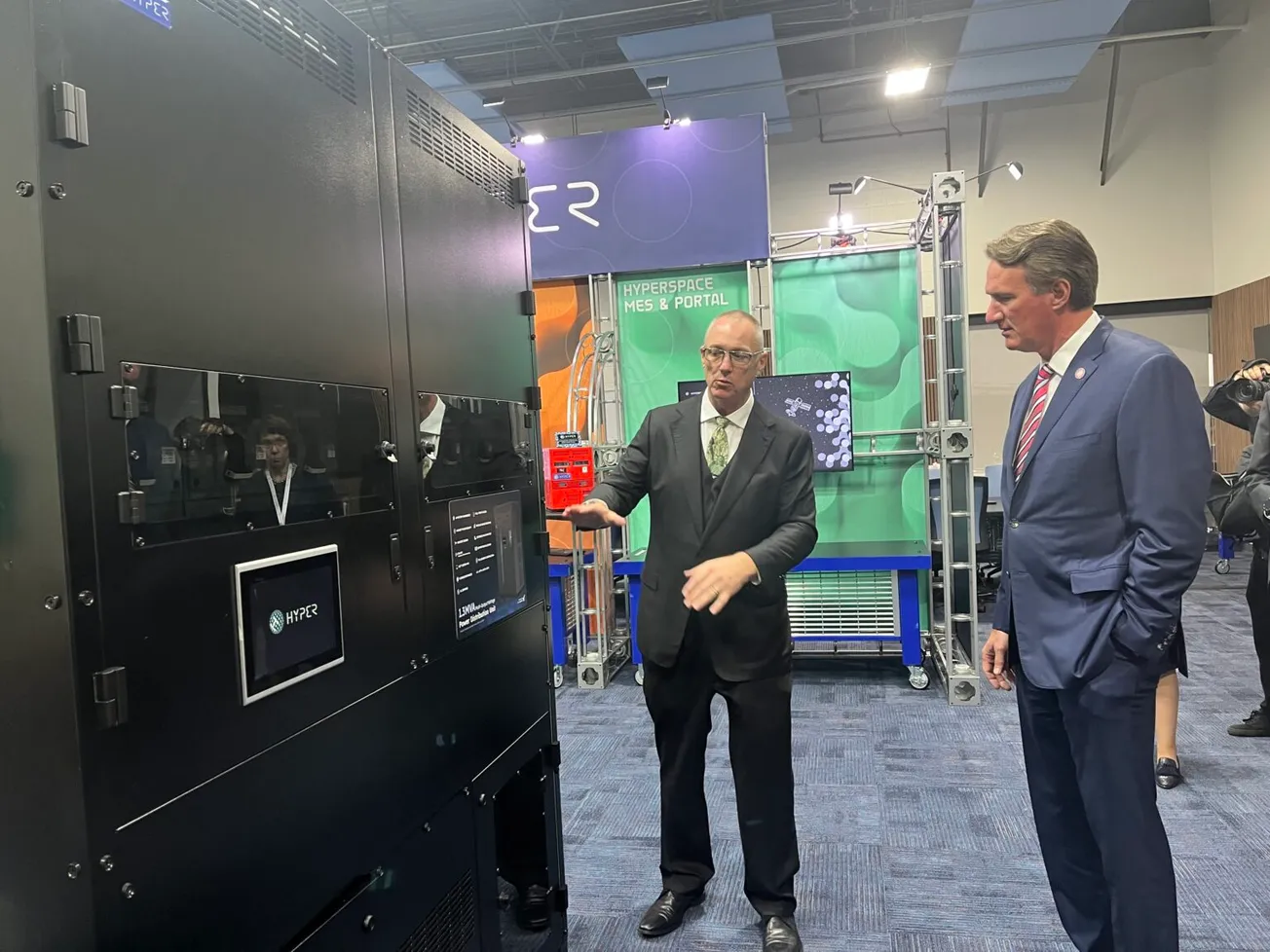Youngkin touts Henrico firm powering Virginia’s data center boom
Governor highlights Hyper’s role in meeting surging demand for energy-efficient equipment as lawmakers weigh grid capacity and policy changes

Governor highlights Hyper’s role in meeting surging demand for energy-efficient equipment as lawmakers weigh grid capacity and policy changes
